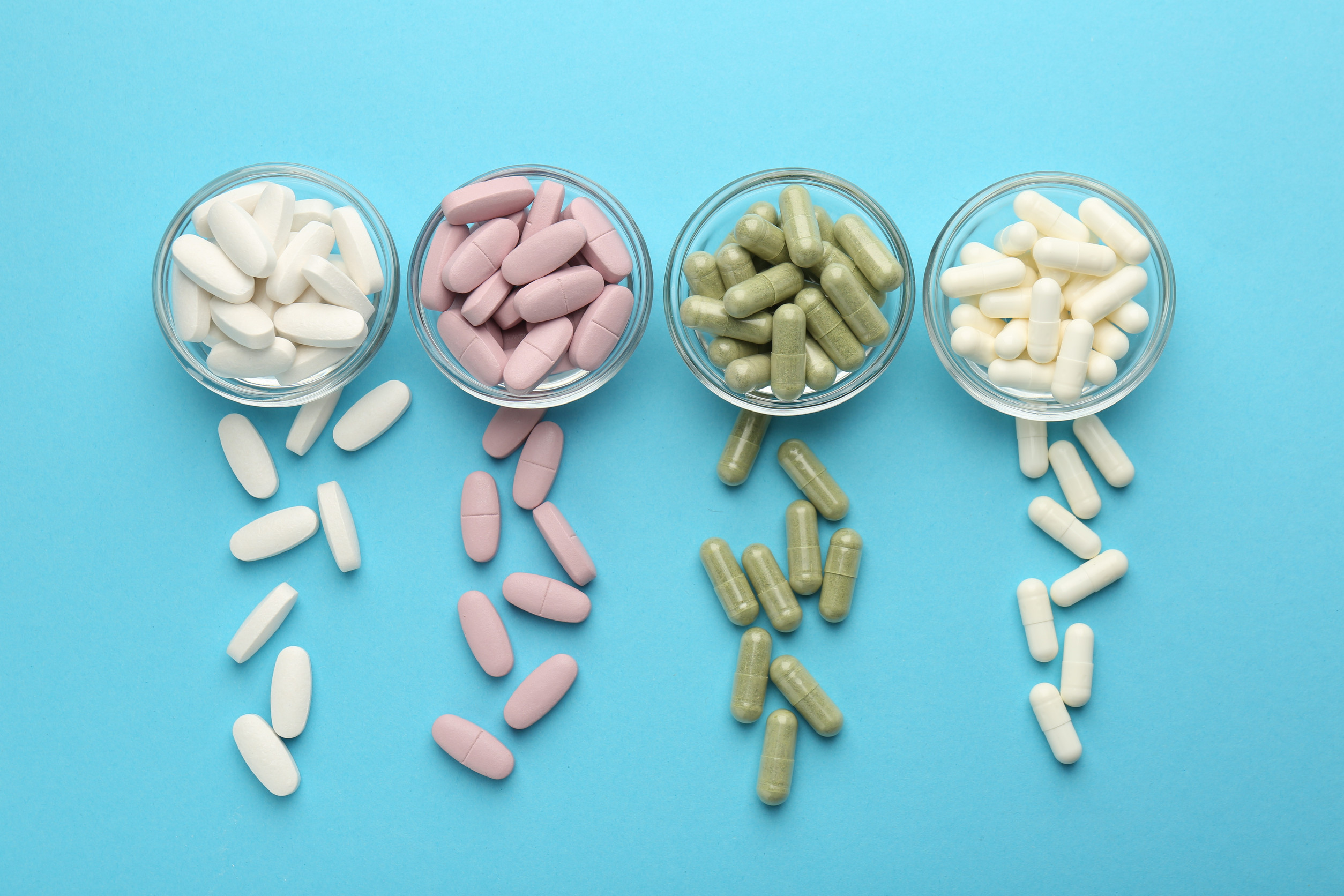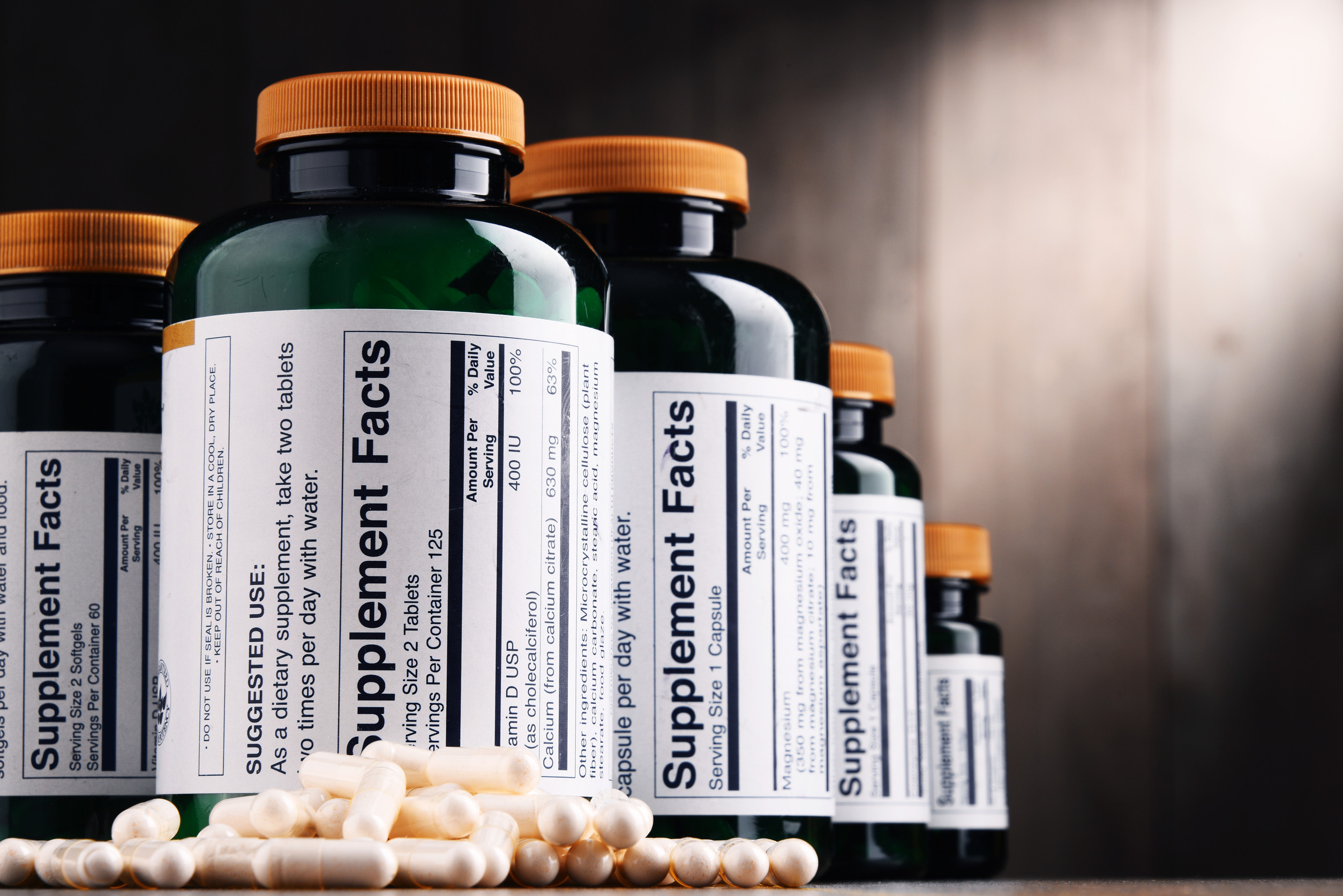Health supplements have become a booming industry, with millions of people reaching for pills and powders in hopes of boosting their wellness. Shelves are crowded with products promising more energy, better focus, glowing skin, or longer life. But beneath the shiny labels and lofty claims lies a growing concern from healthcare professionals.
Many of these supplements are unregulated, poorly researched, and, in some cases, actively harmful. Doctors across the country are sounding the alarm—not all supplements are safe, and some should be stopped immediately.
Bitter Orange: A Dangerous Alternative to Ephedra
Once ephedra was banned, bitter orange quickly became a popular replacement in weight-loss and energy supplements. But doctors warn that bitter orange can raise blood pressure and heart rate, significantly increasing the risk of heart attacks and strokes. It interacts negatively with a variety of medications, compounding its potential dangers.
Unlike caffeine, which has more studied short-term effects, bitter orange lacks solid clinical backing. The risks far outweigh any perceived benefits, prompting many physicians to advise quitting it altogether.
Kava: A Natural Relaxant with a Liver Price
Kava is often marketed as a natural way to ease anxiety and promote relaxation, but its impact on the liver has alarmed the medical community. Cases of severe liver toxicity and even liver failure have been linked to its prolonged use, even in people with no prior liver issues. The problem is that the damage often happens quietly and is only caught once it’s advanced. Despite its calming effects, the cost to liver health can be dangerously high. Many doctors now recommend finding safer, better-researched alternatives for stress relief.
Colloidal Silver: Outdated and Unproven
Colloidal silver has been promoted for everything from immune support to fighting infections, but there’s no scientific basis to support these claims. Worse yet, silver doesn’t just pass through the body—it accumulates, leading to a condition called argyria, which causes permanent blue-gray discoloration of the skin. It can also interfere with the absorption of real medications, reducing their effectiveness. The FDA has issued multiple warnings about its use, but some people still mistakenly trust its outdated reputation. Most doctors agree it offers no benefits and considerable risks.
Red Yeast Rice: A Prescription in Disguise
Red yeast rice might sound natural, but it contains a substance called monacolin K, which is chemically identical to the active ingredient in the cholesterol drug lovastatin. This means users may be taking a drug-level compound without proper dosage control or monitoring by a physician. It also carries the same risks as statins—muscle pain, liver issues, and kidney complications—but without the oversight. Some formulations contain inconsistent amounts, making side effects unpredictable. Doctors urge patients to stop self-medicating with red yeast rice and consult a professional for cholesterol management.
Yohimbe: Risky for the Heart and Mind
Touted as a remedy for erectile dysfunction and a performance enhancer, yohimbe is derived from the bark of a West African tree. However, its stimulant effects can cause dangerous spikes in blood pressure, increased heart rate, and anxiety. It has also been linked to mood disturbances, hallucinations, and even kidney failure in extreme cases. The dosage in over-the-counter supplements is often poorly regulated, making it easy to overdose unintentionally. Many physicians strongly advise against its use, citing its narrow margin between a “helpful” dose and a toxic one.
DMAA (1,3-dimethylamylamine): Banned and Still Lurking
Despite being banned by the FDA, DMAA still shows up in some workout and weight-loss supplements under various names. It was originally used as a nasal decongestant, but its effects on the cardiovascular system have led to strokes, heart attacks, and even deaths. Manufacturers sometimes hide it under different labeling, making it hard for consumers to identify. The FDA has taken steps to remove it from the market, but enforcement is uneven, especially with online sellers. Doctors are unanimous—this is one supplement to avoid at all costs.
St. John’s Wort: A Natural Remedy with Dangerous Interactions
While it’s often used for mild depression and mood disorders, St. John’s Wort can interfere with a staggering range of medications. From birth control pills to antidepressants and even cancer therapies, this herb can reduce the effectiveness of many prescription drugs. It alters how the liver metabolizes medications, leading to either subtherapeutic levels or unexpected toxicity.
What seems like a harmless natural remedy can actually compromise critical treatments. Medical professionals advise caution and often suggest discontinuation unless under direct medical supervision.
Aconite: A Toxic Tradition with Deadly Consequences
Used in some traditional remedies for inflammation and pain, aconite is a plant-based supplement that’s toxic even in small doses. Known as “wolf’s bane” or “devil’s helmet,” its alkaloids can cause nausea, vomiting, paralysis, and fatal heart arrhythmias. Despite being banned in many countries, it can still be found in some herbal formulations. There is no safe dose outside of tightly controlled pharmaceutical settings, which makes over-the-counter use extremely risky. Physicians are clear: this supplement belongs nowhere near a medicine cabinet.
Testosterone Boosters: False Promises and Real Risks
Supplements marketed as testosterone boosters often contain a cocktail of herbs, vitamins, and unregulated compounds with little scientific validation. While the promise of increased energy, libido, and muscle mass is enticing, the reality is more troubling. These boosters can disrupt the body’s natural hormone balance and sometimes lead to serious side effects like acne, liver damage, and heart issues. Many don’t contain what they claim, and some have been found tainted with steroids. Doctors emphasize that any hormonal treatment should be handled under medical supervision, not purchased off a supplement shelf.
High-Dose Vitamin E: Too Much of a Good Thing
Vitamin E was once praised for its antioxidant properties, but high doses have been linked to increased risk of bleeding and even stroke. It may interfere with blood thinners and affect platelet function, making it particularly dangerous for those with cardiovascular concerns. Unlike water-soluble vitamins, excess vitamin E is stored in the body, raising the risk of toxicity over time. Several large studies have failed to show any significant benefit in preventing heart disease or cancer with supplementation. Medical professionals now advise sticking to dietary sources rather than high-dose pills.
Rethinking What “Healthy” Really Means
The supplement industry thrives on hope, promising fast fixes and enhanced wellness with little regulation. But not all that glitters in a health aisle is safe—or even effective. Doctors are urging the public to question labels, seek professional advice, and remember that more isn’t always better when it comes to supplements. A balanced diet, exercise, and responsible medical care often outperform any pill on the market. Health decisions should be guided by science, not marketing.
What’s Your Take?
Have you ever tried a supplement that didn’t go as planned—or maybe one that helped more than expected? Do any of these listed products surprise you? Share your thoughts, stories, or questions in the comments below. Let’s keep the conversation going and make smarter, safer health choices together.
Read More
5 Ways DIY Health Trends Are Harming More People Than Helping
Questions Doctors Want You To Answer Honestly For Your Own Sake


